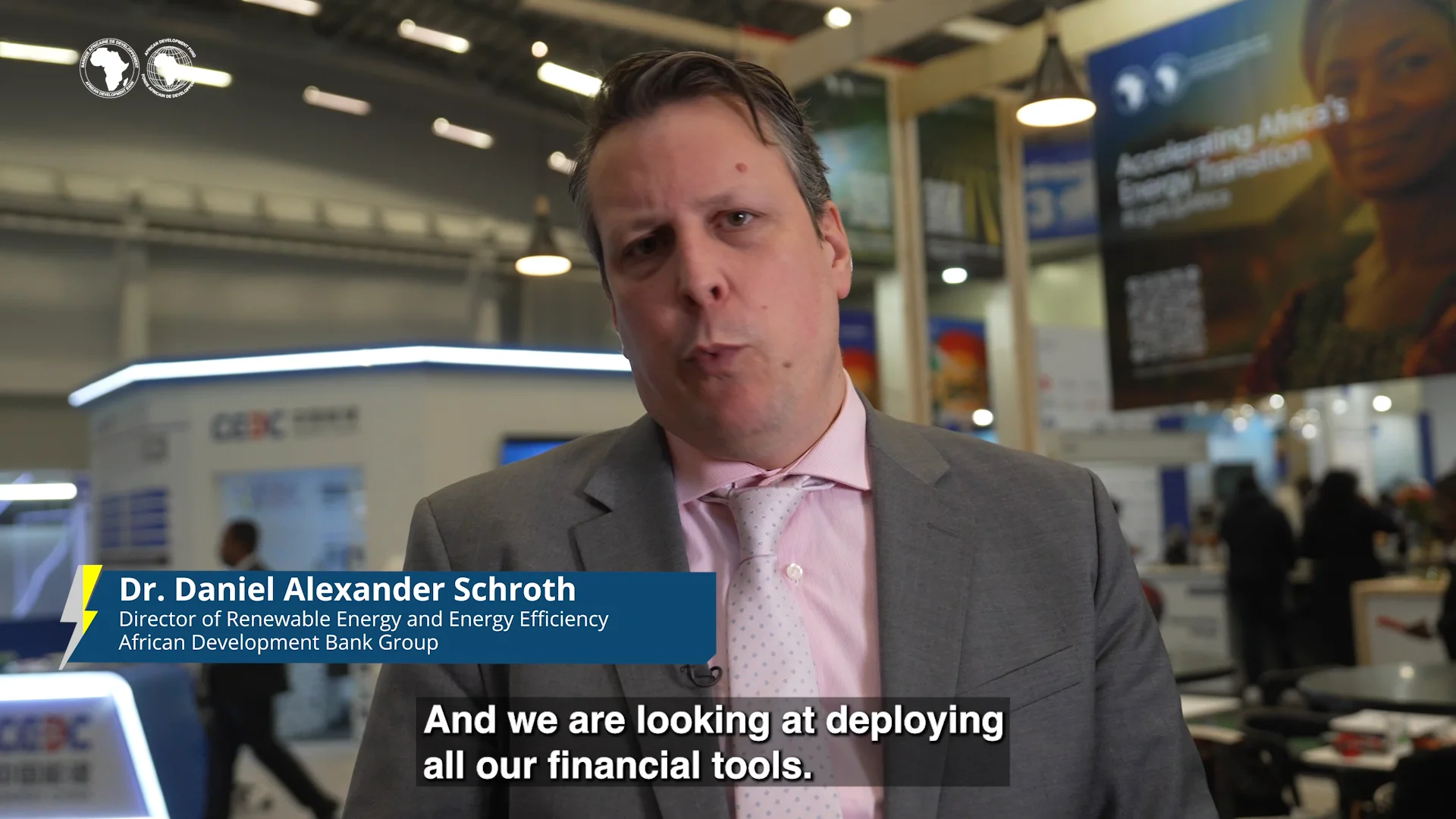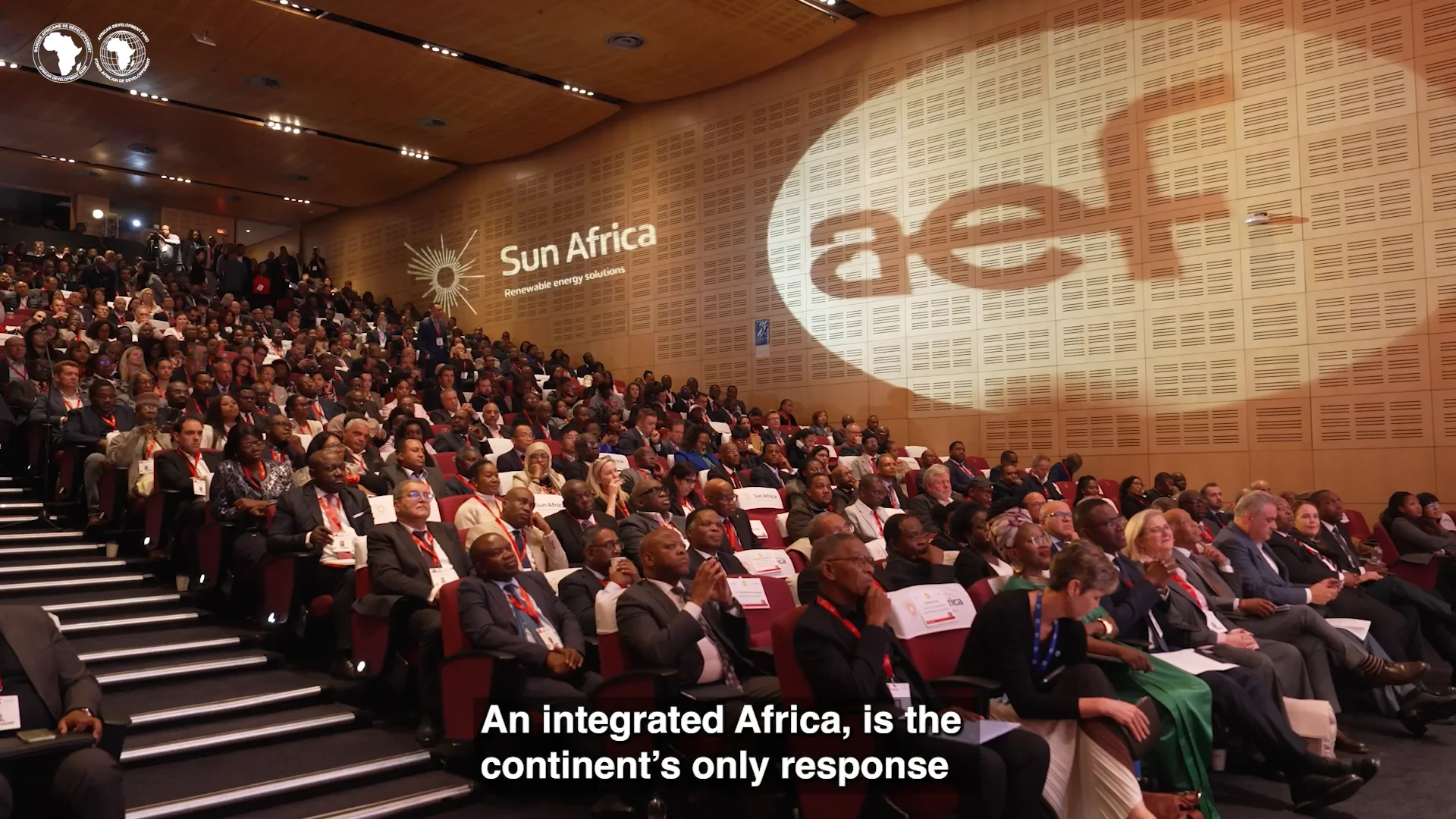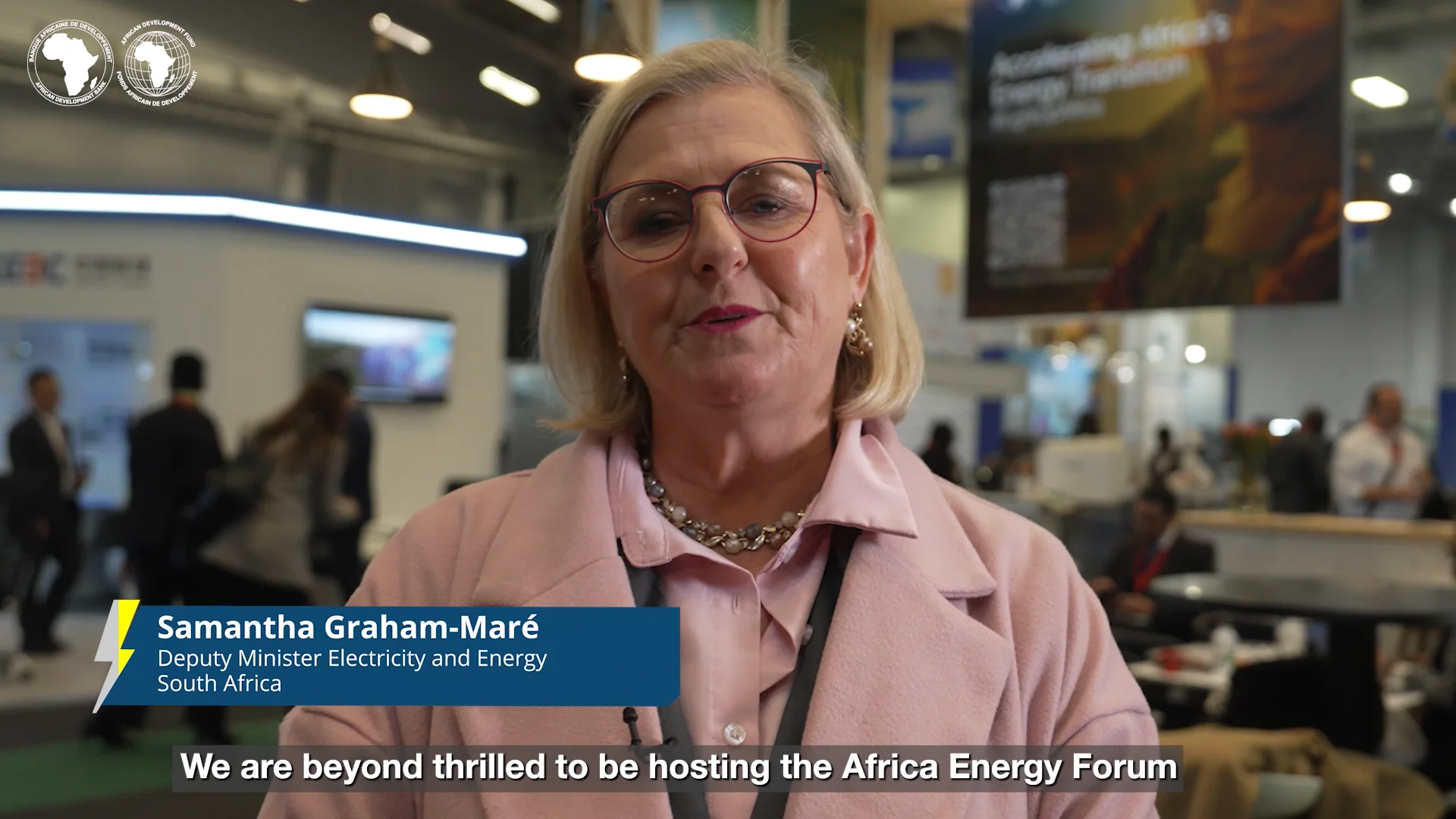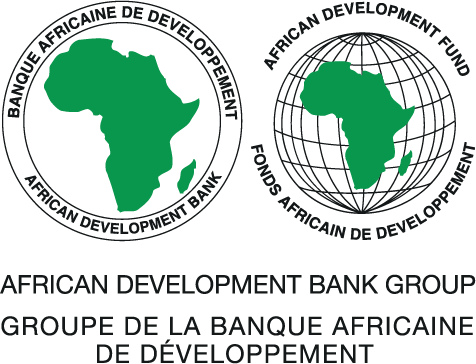VISION FOR IMPACT
The World Bank Group (WBG) and the African Development Bank (AfDB), in collaboration with partners, have launched an ambitious mission to connect 300 million people to electricity in sub-Saharan Africa by 2030. Known as Mission 300, this initiative provides a game-changing opportunity to lift millions out of energy poverty, unlock opportunities, and drive economic growth.
To achieve this goal, Mission 300 focuses on:
![]()
Expanding the electricity grid and increasing connections in underserved areas.
![]()
Deploying mini-grids and standalone solar solutions to bring power to remote, off-grid communities.
At the same time, Mission 300 is modernizing Africa’s energy sector by catalyzing infrastructure investment, driving comprehensive policy reforms, and mobilizing private investment.
The significant leap will deliver reliable, sustainable, and affordable electricity to people, businesses, schools, and hospitals all over the continent.
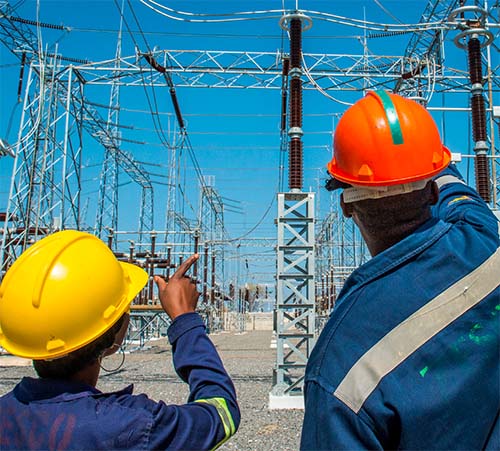
THE CHALLENGE
Nearly 600 million Africans lack power. This represents 83% of the global energy deficit. There is a great urgency to accelerate the pace of electrification in the region and it is within our reach. Advances in technology, innovative business models, and financing mechanisms have made it more feasible than ever to close the energy access gap. Many African countries are already making strides toward universal electrification.
THE BENEFITS
THE BENEFITS
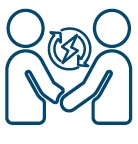
For people: Electricity is a lifeline. It transforms everyday life across Africa, especially in isolated and vulnerable communities.
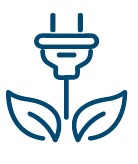
For economies: Reliable, affordable, and sustainable energy creates jobs, fosters higher incomes, and stronger economic growth.
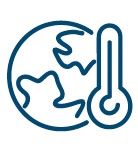
For climate: A focus on renewable energy reduces dependence on polluting fuels like kerosene and diesel, advancing climate and health goals while meeting energy needs.
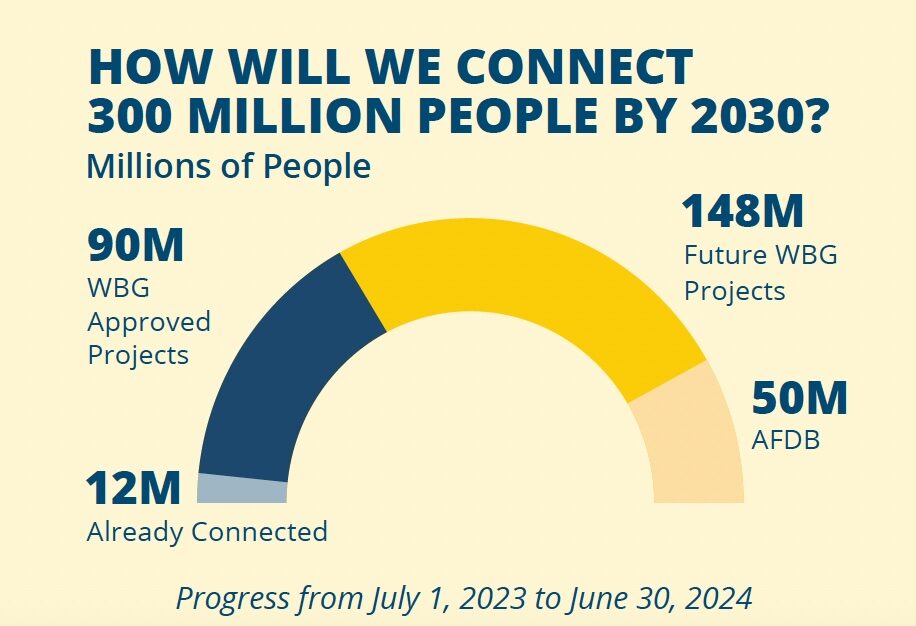
Mission 300 Fact Sheet
News
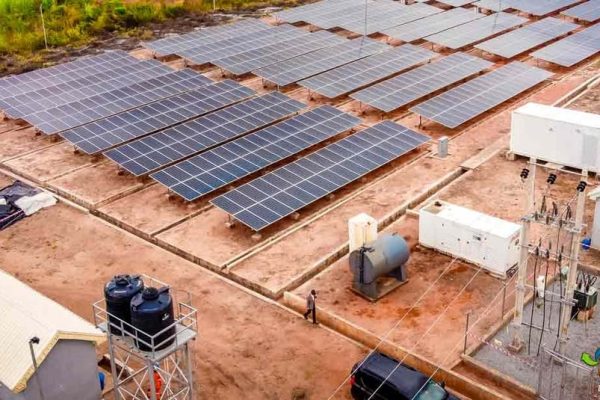
PowerGen Renewable Energy (PowerGen) has partnered with leading international investors to establish a scalable, distributed renewable energy platform targeting the deployment of 120 MW of renewable power, including battery energy...

Over 28,000 households and businesses in eastern Democratic Republic of Congo will have access to affordable and reliable electricity By Subhash Ghimire Highlights: As the largest country in Sub-Saharan Africa by...
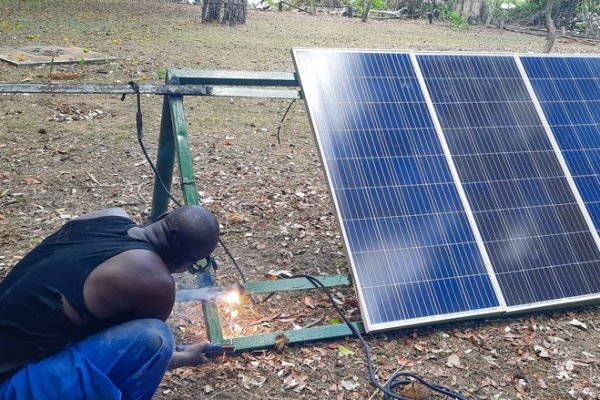
The reduced cost of solar electricity has made electricity access affordable even to low-income households. Off-Grid electricity is playing a critical role in rapidly scaling up electricity access in many...
A POWERFUL PARTNERSHIP
Mission 300 is unique both in its scale and its approach. To succeed, the initiative will require extensive collaboration among a wide range of stakeholders:
![]()
The World Bank Group and the African Development Bank are scaling up financing and technical assistance to deliver energy access to 300 million people.
![]()
African governments are taking the lead on critical reforms and actions to modernize the energy sector encapsulated in a regional declaration and deep dive National Energy Compacts, setting measurable targets in five areas:
- Expanding cost-efficient power generation.
- Boosting regional power integration for cross-border trade.
- Scaling up last-mile electrification with distributed renewable energy solutions.
- Unlocking private investment through supportive regulatory frameworks.
- Strengthening utilities with transparent financial management and cost recovery.
![]()
The private sector is critical in scaling up energy access and distributed renewable energy solutions such as mini-grids and standalone solar systems. Private investment is equally vital in expanding generation, transmission and distribution. Achieving Mission 300 will demand effective public-private collaboration to unlock sustainable energy solutions.
![]()
Local communities and people are being put center-stage to ensure energy projects and investments are tailored to their needs and deliver maximum impact on the ground. This includes regular consultations and surveys throughout the design and implementation of projects.
![]()
Donors, philanthropies, and partners, such as the Energy Sector Management Assistance Program (ESMAP), the Sustainable Energy for Africa (SEFA), the Rockefeller Foundation, Sustainable Energy for All (SEforALL), and the Global Energy Alliance for People and Planet (GEAPP), are helping to mobilize more public and private financing to reach our goal.
